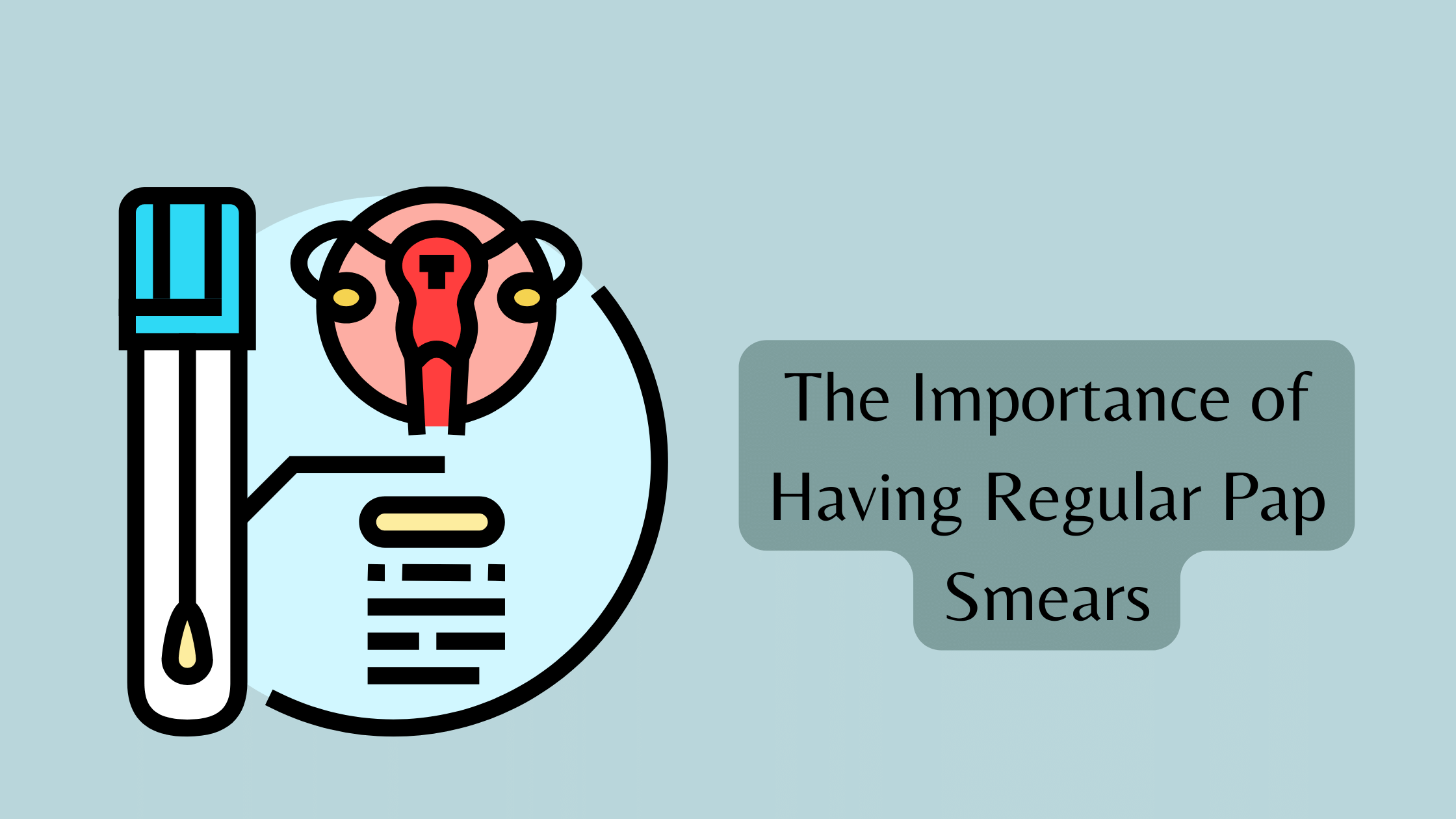
Ensuring optimal health necessitates the regularity of pap smears. These screenings play a crucial role in safeguarding women’s well-being by detecting early signs of cervical cancer, among other conditions.
Regular pap smears empower individuals to take proactive measures in managing their health and addressing potential issues before they escalate.
By scheduling routine pap smears, women can prioritise their health and maintain a proactive approach to preventive care.
What Are Pap Smears and How Do They Work?
Pap smears, also known as Pap tests or cervical cytology, are screening tests designed to detect abnormalities in the cells of the cervix.
When a healthcare provider conducts a Pap smear, they will use a small brush to gently collect cells from the cervix. These cells are then examined under a microscope to identify any irregularities or signs of potential health issues.
Women can get a Pap smear from either a walk in clinic or by scheduling an appointment with a health practitioner.
The Role of Pap Smears in Early Detection
One of the primary purposes of Pap smears is the early detection of cervical cancer. Cervical cancer often develops slowly over time, starting with abnormal changes in the cells of the cervix.
By detecting these changes early through routine Pap smears, healthcare providers can intervene and potentially prevent the development of cervical cancer or catch it at a highly treatable stage.
In addition to cervical cancer, Pap smears can also detect other health conditions, such as infections caused by certain types of human papillomavirus (HPV), which is a common sexually transmitted infection (STI).
Obstetrician and Gynaecologist Dr. Leneque Lindeque emphasises, “HPV infection often doesn’t present with symptoms, leaving many unaware of its presence”. Since HPV infections can induce abnormalities in cervical cells, undergoing routine Pap smears becomes imperative for monitoring and effectively managing HPV-related health concerns.
Women of All Ages Are Encouraged to Have Regular Pap Smear
Encouraging women of all ages to have regular Pap smears is essential for promoting early detection and prevention of cervical cancer and other cervical health issues. Despite common misconceptions, Pap smears are not just for older women or those with specific risk factors. Instead, they are a crucial component of preventive healthcare for women of all ages.
Starting Pap smears at a young age allows healthcare providers to establish a baseline for cervical health and monitor any changes over time. While cervical cancer is more common in older women, it can still occur in younger age groups, particularly in cases where human papillomavirus (HPV) infections are present.
Potential Consequences of Ignoring Cervical Health
Dr. Leneque Lindeque explains, “Infection with HPV is very common among adults. In fact, most people will have HPV at some point in their lives. Up to 80% of women would have had HPV by the age of 50 years.” Apart from the risk of an HPV infection, neglecting regular Pap smears can lead to a range of complications. Which include:
- Progression of Cell Abnormalities: Without consistent screenings, unnoticed abnormalities in cervical cells may worsen. These changes can evolve into precancerous or cancerous conditions over time, posing significant health risks.
- Heightened Cervical Cancer Risk: Early detection through Pap smears significantly lowers the risk of invasive cervical cancer. However, avoiding screening increases the likelihood of developing advanced-stage cancer, which can have severe consequences if left untreated.
- Impacts on Reproductive Health: Untreated cervical conditions such as ongoing HPV infections or cervical dysplasia can harm fertility and reproductive health. Additionally, treatment for advanced cervical cancer might impact fertility, influencing individuals’ plans for starting a family.
- Emotional Toll: Waiting to diagnose and treat cervical health problems can lead to feelings of distress and worry. Fear of being diagnosed with cancer and not knowing what the future holds can be hard on mental health.
- Financial Strain: Dealing with serious cervical health issues often means needing expensive medical treatments like surgery, chemotherapy, or radiation. Treating advanced cervical cancer can cost a lot of money and may affect both individuals and their families financially.
Don’t Wait Until You Have a Health Scare
Don’t wait until you have a health scare to schedule a Pap smear. Many women may overlook the importance of regular screenings until they experience symptoms or receive concerning test results. However, waiting until a health scare arises can delay diagnosis and treatment, potentially allowing conditions to progress to more advanced stages.
Regular Pap smears provide an opportunity for early detection and intervention, often before symptoms manifest. By adhering to recommended screening guidelines, individuals can stay proactive about their health and ensure timely detection of any abnormalities.
Furthermore, Pap smears offer peace of mind. Knowing that you are taking proactive steps to monitor your cervical health can alleviate anxiety and provide reassurance about your overall well-being. Instead of waiting for symptoms to appear, scheduling routine Pap smears allows for proactive management of your health, fostering a sense of empowerment and control.